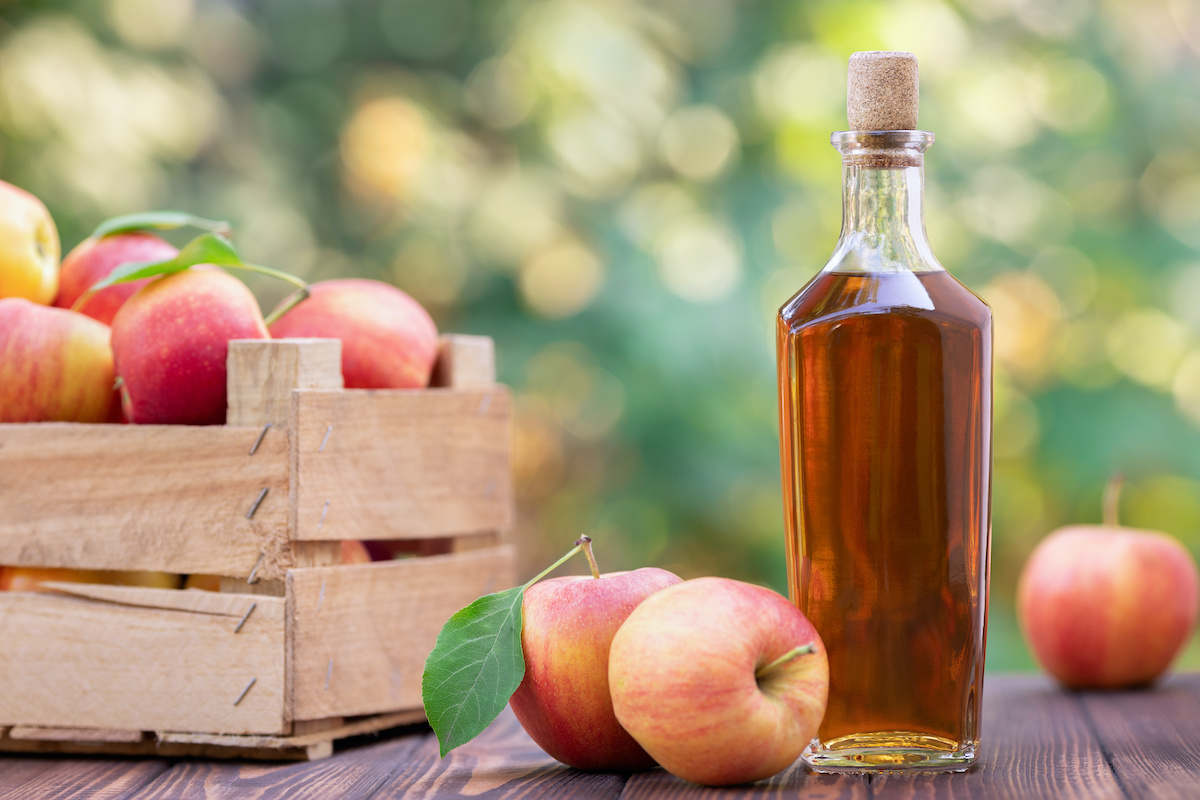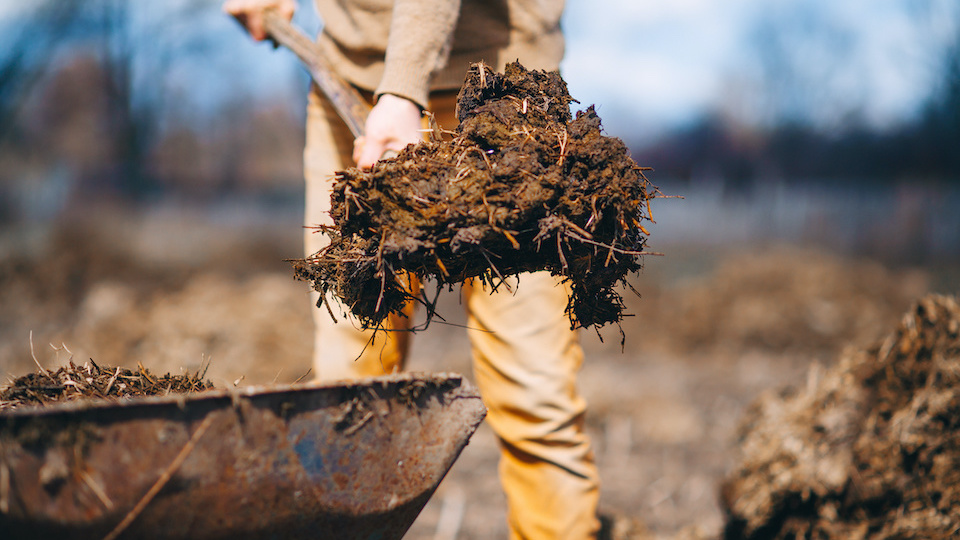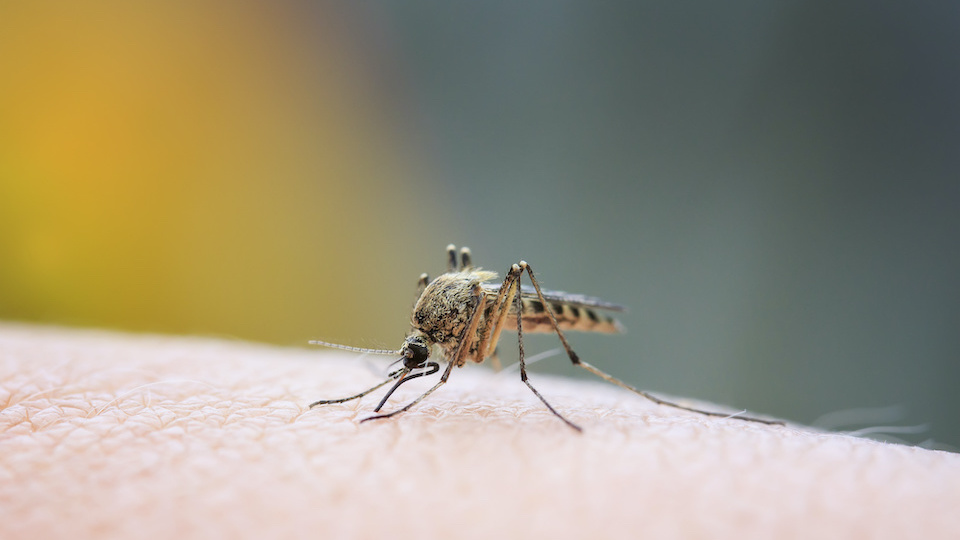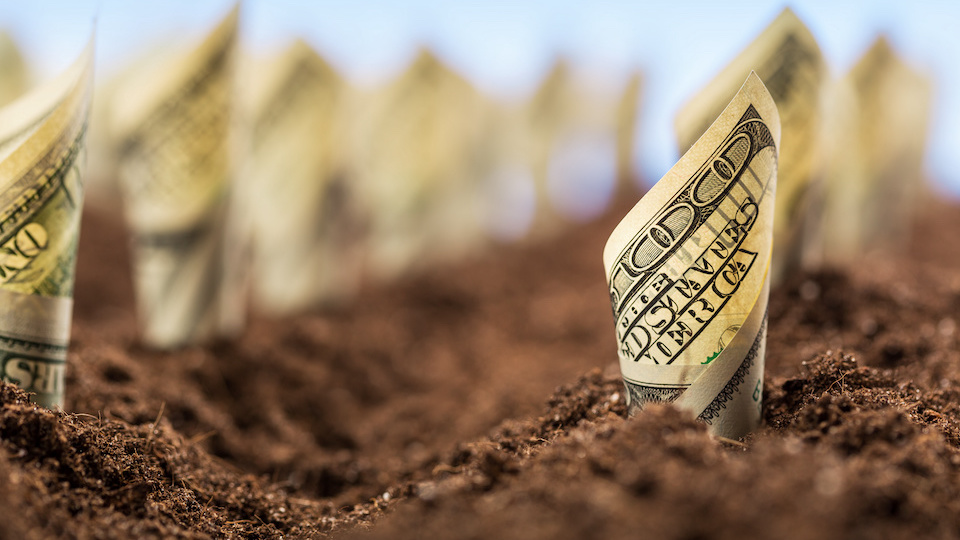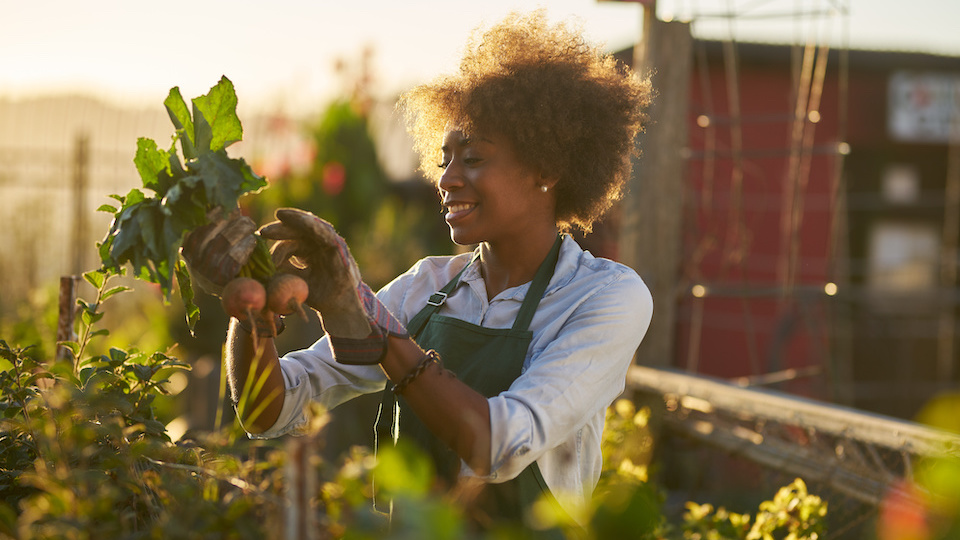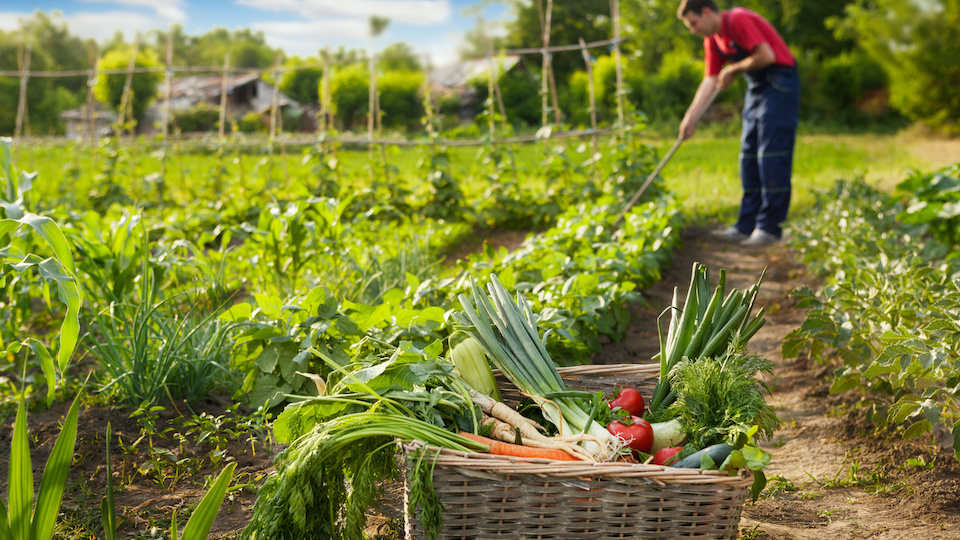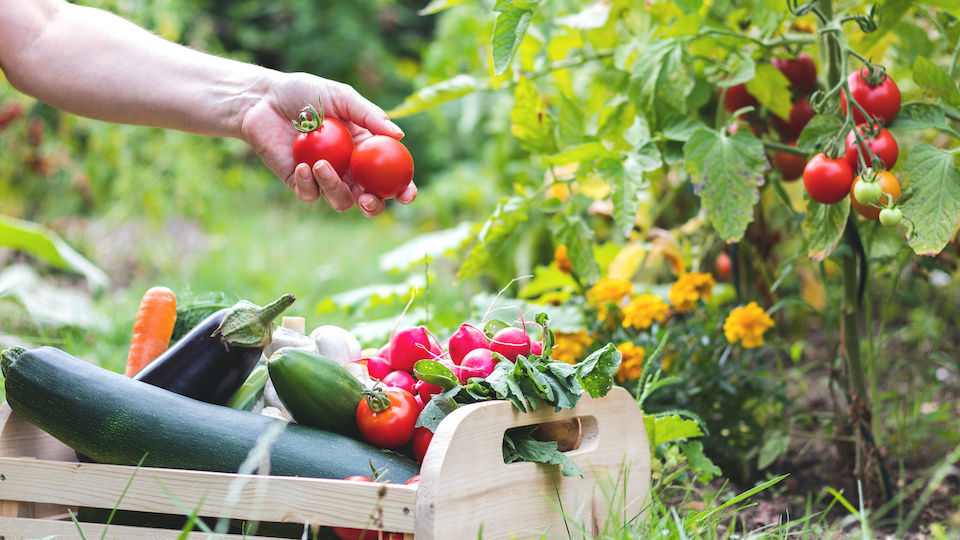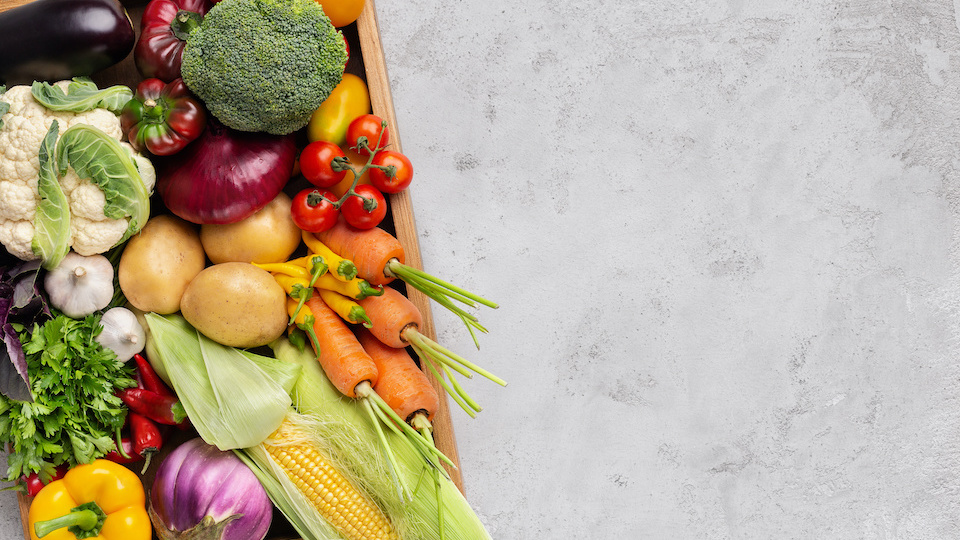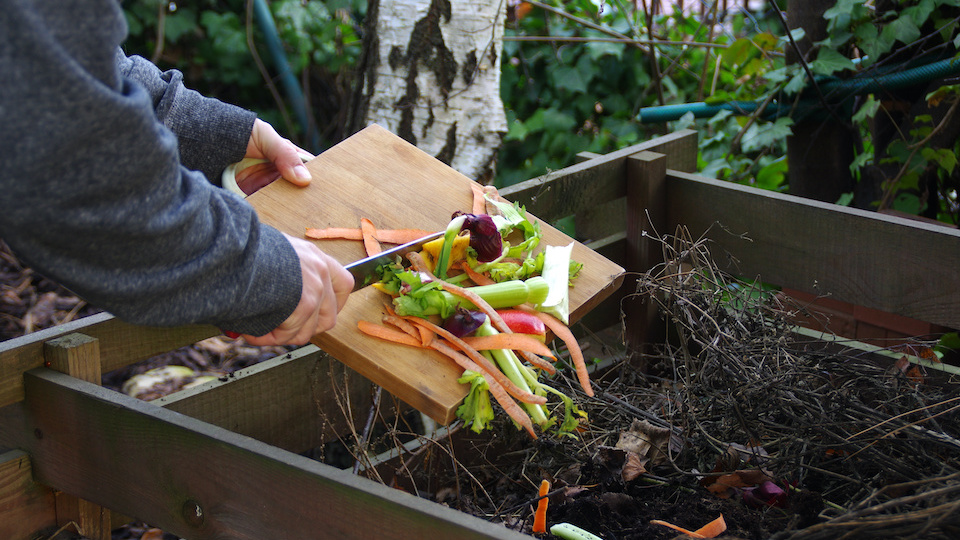Banish Ear Fungi and Ease Pain With ACV
Apple cider vinegar is an ancient remedy made from fermented apple juice that has been used for thousands of years to alleviate many conditions and ailments. You’ve probably heard of apple cider vinegar for things like cleaning, soothing a sore throat, and lowering blood sugar, but did you know that it may help relieve an ear infection as well? Read on for our favorite ways to use ACV for ear infections and a few other helpful hints.


